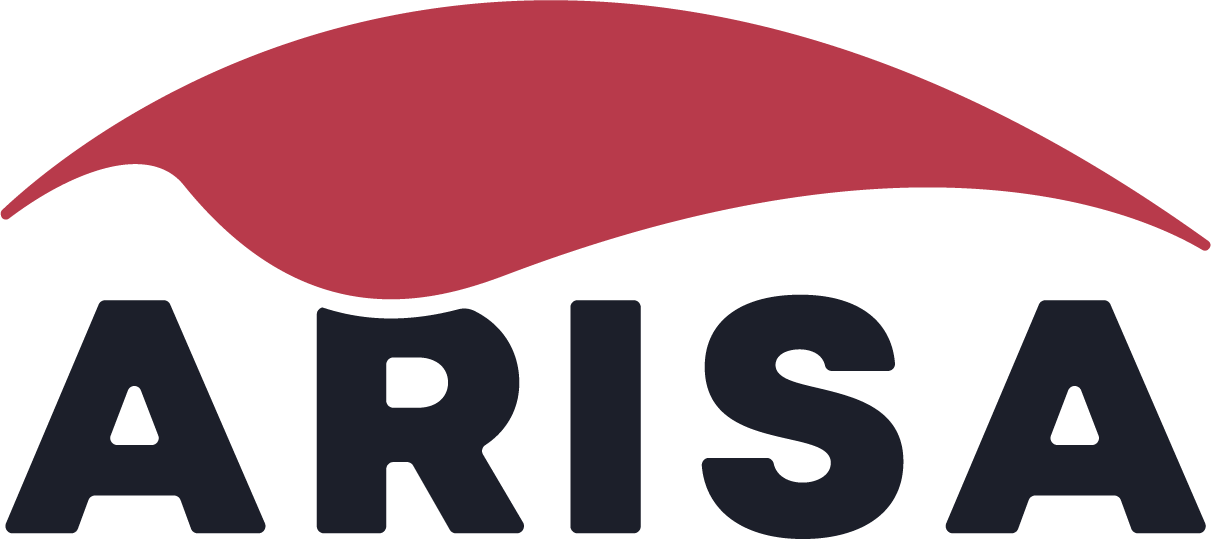In the Netherlands, a legal requirement for companies to identify and address abuses in their supply chains has been a topic of discussion for years. But will this legislation actually happen, or will the business community succeed in blocking it? Despite – or perhaps because of – the outgoing government, the debate on the Responsible and Sustainable International Business Act in the House of Representatives seemed to be making some progress for a while. That is, until the right-wing parties threw a spanner in the works.
Making the case for responsible supply chains
Arisa, together with other civil society organisations in the MVO Platform (the Dutch RBC network), has been advocating for years for a law to impose supply chain responsibilities on companies. Voluntarily, few companies seem willing to make real efforts to ensure responsible supply chains. Legislation was campaigned for together with progressive companies and supported by consumer signatures. Other companies have resisted, but their arguments have always been refuted; for example, research has shown that legislation for responsible supply chains does not affect the competitive position of Dutch companies. A poll also showed that 80 per cent of Dutch citizens want strong legislation requiring companies to prevent human rights abuses and environmental damage abroad.
The Initiative Act – followed by resistance from business and cabinet
In late 2022, six Dutch political parties – ChristenUnie, PvdA, GroenLinks, SP, D66 and Volt – joined forces to table a bill in the House of Representatives requiring companies to do business with respect for people, the environment and the climate in their global supply chains. If passed, this legislation could have a major positive impact on the lives of millions of workers, thousands of communities and the environment worldwide. It could help prevent abuses such as child labour, trade union repression, climate damage and pollution.
There was fierce opposition from companies such as Boskalis, whose CEO, Peter Berdowski, created a media storm by threatening to take his dredging business abroad. He felt that this would create an uneven playing field and (wrongly) thought that he would be at risk of personal liability. The Dutch employers’ organisation VNO-NCW also expressed its disapproval – “neo-colonial interference”, according to its chairwoman, Ingrid Thijssen, who spread a lot of misinformation about the bill. This set a very negative tone for the debate on the draft law.
”One of the Cabinet's arguments against legislation was that European legislation should come first. This is a disappointing and increasingly common excuse.
Until then, the cabinet had been somewhat sympathetic to legislation on international responsible business conduct. The coalition agreement had even explicitly included national IRBC legislation. However, when the business community caused such a stir, the cabinet made it clear that there would be no support for the bill. Even though two government parties supported the legislation. Debate in the House of Representatives was suspended, as it was uncertain whether the bill would win a majority under these circumstances. The process was on hold in anticipation of better times.
One of the Cabinet’s arguments against legislation was that European legislation should come first. This is a disappointing and increasingly common excuse. While European legislation on responisble supply chains is being developed, it is in danger of being severely undermined by, among others, the same corporate lobby that thwarted the legislative process in the Netherlands.
Will the outgoing government debate the law?
After the fall of the cabinet, a new situation arose: coalition discipline was loosened, and the House of Representatives declared the law non-controversial. This meant that the outgoing government would debate the law. The six political parties behind the law saw it as a new opportunity for a pre-election deal. They presented a new version of the law with a number of adjustments and clarifications. These address some of the objections and fears of the business community. Incidentally, the proposers have also taken a close look at the EU Corporate Sustainability Due Diligence Directive (CSDDD) and argue exactly the opposite of the cabinet: an ambitious Dutch law will actually help the European process move forward.
New draft version of the bill
The new version of the bill makes some concessions to businesses. For example, the reversal of the burden of proof in the original proposal has been replaced by a ‘lighter burden of proof’ on the complainant. Most importantly, clarifications have been made, for example, that CEOs do not have to fear personal prosecution and jail time if violations are found in the supply chain. Fines can be imposed, but not imprisonment. Overall, the law has not been significantly weakened and, very important, the new version of the law meets almost every aspect of the OECD guidelines – the main international standard for responsible business conduct. The Dutch bill stands out positively in comparison with the European proposal currently under discussion: the European proposals do not comply with the OECD guidelines on many points.
”Pressure on companies is still too often the only way to motivate them to seriously and thoroughly address abuses in their international supply chains.
Stalling tactics
Unfortunately, the conservative parties used an unexpected political trick to block the outgoing government’s early consideration of the bill. In the ‘procedural session’, the House of Representatives decides on the agenda of the session. A number of representatives from political parties, undoubtedly colluding with the business community, demanded that the revised law first be (re)discussed with the business community and (re)submitted to the Council of State. For the time being, this delaying tactic has been successful.
It is hoped that the new House of Representatives, once elected and seated, will quickly take up the law. Arisa will continue to advocate for this legislation. It seems that pressure on companies is still too often the only way to motivate them to seriously and thoroughly address abuses in their international supply chains.




